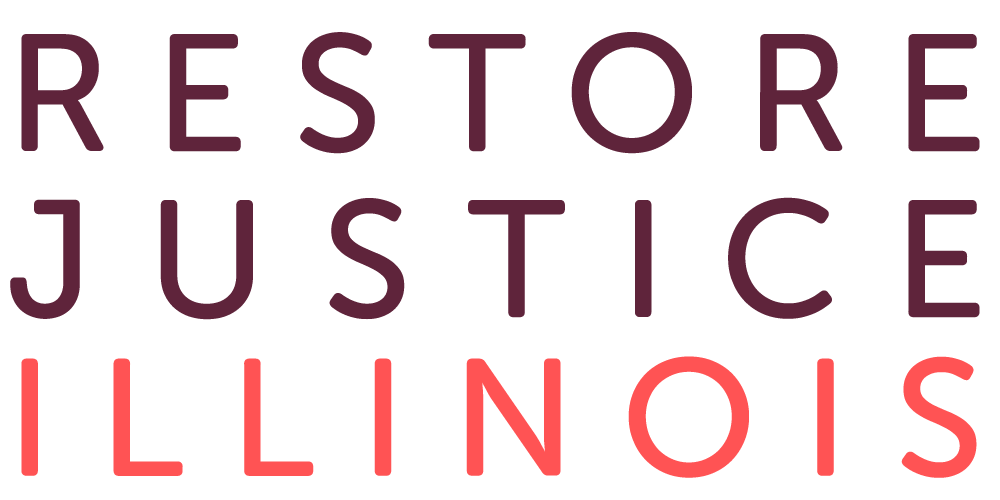LINDA ROBERTSON – 2022
CANDIDATE FOR THE 65TH HOUSE
Party affiliation (options: Democrat, Republican, Independent, other):
DEMOCRAT
QUESTION 1: There are several areas of criminal sentencing law that help fuel long-term incarceration. For each of the policy areas below, please indicate if you support changes. Expand on your answer if you would like to share additional comments.
Mandatory gun enhancements: Judges must add 15 years to the sentence of a person 18 and older who possesses a firearm during a crime. For those ages 17 and younger, judges have the discretion to decide whether to add the gun enhancements.
Should Illinois make gun enhancements discretionary for everyone, even adults?
THE JUVENILE BRAIN DEVELOPMENT IS SO VARIED AND I BELIEVE THE JUDGE SHOULD BE ABLE TO LOOK AT THE FACTS OF THE CASE.
Accountability: Accountability theory allows individuals to be convicted of the same serious crimes as their co-defendant(s) in an underlying felony, even if they did not directly participate in or plan to participate in the other crime. Should Illinois abolish or narrow the usage of accountability theory?
YES
Earned sentencing credits: In Illinois, most individuals serving prison time are unable to earn time off their sentences for good behavior or for successfully completing rehabilitative programming because of a “truth in sentencing” law passed in 1998. This reduces incentives for good behavior and decreases safety in prisons. Should Illinois restore earned sentencing credits to pre-1998 levels?
YES
Parole review: Parole is early earned release and allows people who are rehabilitated to come home. Since Illinois abolished parole in 1978, the only people who are eligible for parole are those who were sentenced before 1978 and most young people under 21 who were convicted after June 2019. Should Illinois restore parole as a system for early release?
YES
Life without parole sentences for children and young adults: Following the U.S. Supreme Court’s decision in Miller v. Alabama, Illinois created parole review opportunities for most people 20 and younger entering the system. Youth could still serve their full sentence if the Prisoner Review Board and Governor reject their application for early release. Should Illinois now expand parole opportunities to all individuals convicted before age 21?
YES, THE JUVENILE BRAIN ISN’T MATURE UNTIL 25. WHILE THERE ARE SOME PEOPLE SO DANGEROUS THEY SHOULD NEVER BE RELEASED, THE MANDATORY LIFE SENTENCE SEEMS UNREASONABLE
QUESTION 2: In 2021, the General Assembly created the Resentencing Task Force to consider innovative ways to reduce the prison population by exploring pathways for resentencing review. The Task Force will release its recommendations to the Legislature later this year. Given that Illinois eliminated parole or earned early release for most people in 1978, should people who are serving long sentences and who are rehabilitated be allowed the opportunity to apply for early release?
YES
QUESTION 3: What do you think are the best ways to address violence and ensure community safety?
REDUCING THE NUMBER OF GUNS IN THE COMMUNITY. UNFORTUNATELY FEDERAL LAWS ALLOW STATES WITH LAX LAWS BRING GUNS INTO ILLINOIS, WHICH MEANS WE NEED CHANGES AT THE FEDERAL LEVEL. OTHER FACTORS INCLUDE JOB OPPORTUNITIES AND EDUCATION AS WELL AS PROGRAMS THAT ALLOW YOUNG PEOPLE TO BECOME ENGAGED IN THE COMMUNITY IN A POSTIVE WAY. MENTAL HEALTH ISSUES ARE AN ISSUE. WHILE MENTALLY ILL PEOPLE ARE MORE LIKELY TO BE PREYED UPON THAN COMMIT VIOLENT CRIMES, THEY OFTEN END UP IN THE CRIMINAL JUSTICE SYSTEM.
QUESTION 4: What are your general thoughts on the criminal legal system in Illinois (i.e., anything related to policing, incarceration, prosecution, sentencing, or re-entry), and what do you see as the biggest opportunities for improvements over the next several years? Have you experienced any parts of the criminal legal system firsthand, whether through your own personal experience or that of a family member or friend, that you’d like to share?

